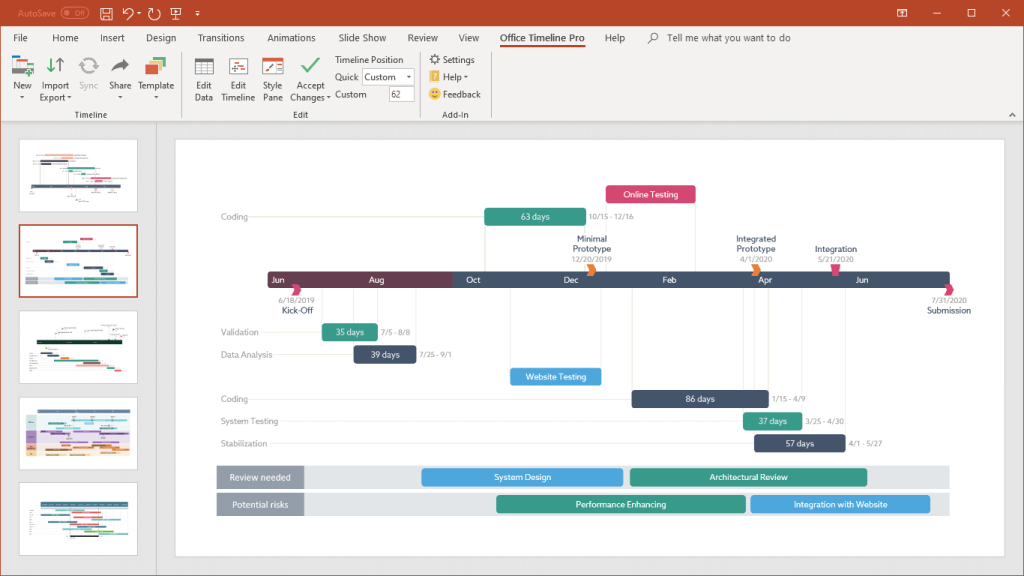
Project management organizations understand that hard skills are essential fundamentals for successfully landing projects. PMs know that effectively managing any project will require they have learned these skills.
These are the hard Skills for Project Managers:
- Project Charter Preparation
- Work Breakdown
- Scheduling
- Budgeting
- Risk Management
1. Project Charter Preparation
Project charters are the blueprint for effective project management. They should be issued by management and they should provide a summary of the business opportunity the project is intending to capitalize on. However often management does not produce the charter and it is frequently up to the project manager to develop it.
A good project charter will define the purpose, objectives and the scope of the project. Project charters also include key details such as budgetary guidance, stakeholder lists and a timeline. They become a critical reference point throughout the project’s life cycle. PMs who become proficient in creating project charters will be better equipped for communicating with their project sponsors and for gaining stakeholder buy-in. Our five tips for developing this skill are:
- Use the project charter’s development as an opportunity to engage your sponsor and stakeholders. Collaborating early will establish beneficial relationships that will help later on.
- Be clear and concise – think one or two pages. A brief project charter will not only be better received by busy stakeholders, it will also help you communicate succinctly.
- Include measurable, time-bound objectives that are realistic, easy to understand and simple to track.
- Set the project’s preliminary timeline with a simple visual that includes key milestones and when they will be delivered. A good visual will be updated and re-used in status reports throughout the project”s life.
- Reuse project charter statements when communicating. This will help realign audiences with the important business objectives of the project.
2. Work Breakdown
Developing a work breakdown structure or WBS is a critical planning item in managing a project. Work breakdown structure’s help PM’s organize the scope of their projects and enable them to do a variety of project management tasks such as assigning resources and defining deliverables. Since a WBS forms the foundation for all cost and time estimations it is a crucial skill for any project managers to have in their tool box.
Project managers need to become skilled in breaking down all project deliverables into smaller work packages, a process called decomposition. Here are some best practices in creating a WBS:
- Include 100% of the items required for successful project delivery in the development of your WBS – internal and external deliverable.
- Lean on your team when creating a Work Breakdown Schedule. They will contribute valuable experience and perspectives to the process.
- Leverage any existing models or templates that your group or company may have created in the past.
- Using tools like mind mapping software for the decomposition process and will help you capture and structure the WBS.
3. Scheduling
Project managers know they need to produce a time based schedule of activities so they can set the order in which tasks will be completed. Over the course of the project their schedule will help them see each task, whether it has been completed, is partially done or still needs to be done. It will also allow project managers to see where there are dependencies so they can plan the most efficient path for delivering tasks.
Scheduling is a challenging part of project management and a hard skill PMs need to have. They will benefit from having completed a WBS document which will help set up the project tasks and estimate and sequence them on the schedule. Here are 5 tips to help PMs enhance their scheduling skills:
- Add progress milestones as check points to the schedule and regularly check them.
- Wherever possible put higher risk tasks closer to the beginning of your schedule, so you have more runway to manage delays.
- Know the different types of duration counts that can be used for estimating task duration.
- Baseline schedules after they have been created so you can compare the plan versus actual when you get into execution.
- Anticipate that the project schedule will change as tasks or client needs fluctuate and have a process for handling changes.
4. Budgeting
Writing project budgets is an important hard skill for getting projects properly funded and for controlling them. A project manager’s ability to get approval for the necessary funding is dependent on the costs they forecast in their budget. An approved budget also forms a baseline against which actual costs can be measured against to determine if the project is on the right track.
Projects that go way over budget are often viewed as unsuccessful, even if they are delivered on time. Project Managers need to be skilled in forecasting and managing budgets. Here are a few strategies for developing project budgeting skills.
- Consult with your project team and sponsor when estimating your costs. They have experience that may help you more accurately estimate.
- After you have estimated costs, identify risks such as third party dependencies, depth of experience on your bench or unfamiliar technology, and manage this risk by adding padding to the budget.
- Your budget should not just be the total costs of your project, it is the total cost + padding for risk mitigation.
- Learn from similar budgets that your team or company may have created before, paying special attention to the areas that went beyond budget.
- Protect your budget against any scope creep. Use your change management process and seek additional funding to cover any unplanned work that can ruin the budget.
5. Risk Management
Projects rarely go exactly as expected and stuff goes wrong along the way. Project managers who are skilled at managing unexpected obstacles plan for it. It is a hard skill that begins with trying to identify the vulnerable areas of the project and then assessing the probability and the impact to the project in worse case scenarios. Skilled PM’s should be able to determine which vulnerabilities require risk management strategies, and they include those strategies into the main project plan to mitigate the risk.
- Understand how much risk is tolerable on the project. You will need to calibrate any risk management plans with this level of risk toleration.
- Divide your risk areas into three categories, High Risk, Medium Risk and Low Risk. Create a mitigation plan for all High Risk vulnerabilities.
- Execute recurring risk assessment exercises regularly through the life of the project as a way of monitoring for new risks that may have surfaced.
- Identify positive risks and create plan in advance for capitalizing on these opportunities so they can be turned into favorable outcomes.
- The costs for all risk management plans need to be built into the budget early.
You may also have noticed that many of the hard and soft skills we have listed here are interrelated. Project managers will need to employ many different skills, particularly as the complexity of their project increases. Those who have the right combination of expertise and experience will be valuable in any project focused enterprises and all PMOs. Any PM who effectively utilizes some of these hard and soft skills will greatly increase their chances of success. At the same time they will also be improving their own personal brand amongst colleagues, clients and management.
Becoming proficient at project management will mean that practitioners are constantly adding to their existing skills with new best practices and techniques. Doing so will not only help them become more successful at their project management career but it will also help them stand out as high performers in the broader organization.
Also a recent MIT-Sloan Report reveals that at the enterprise level, ecological considerations have led to greater success for business.

Turn project data into professional timelines
Get the advanced features of Office Timeline Pro+ free for 14 days.
Get free trial